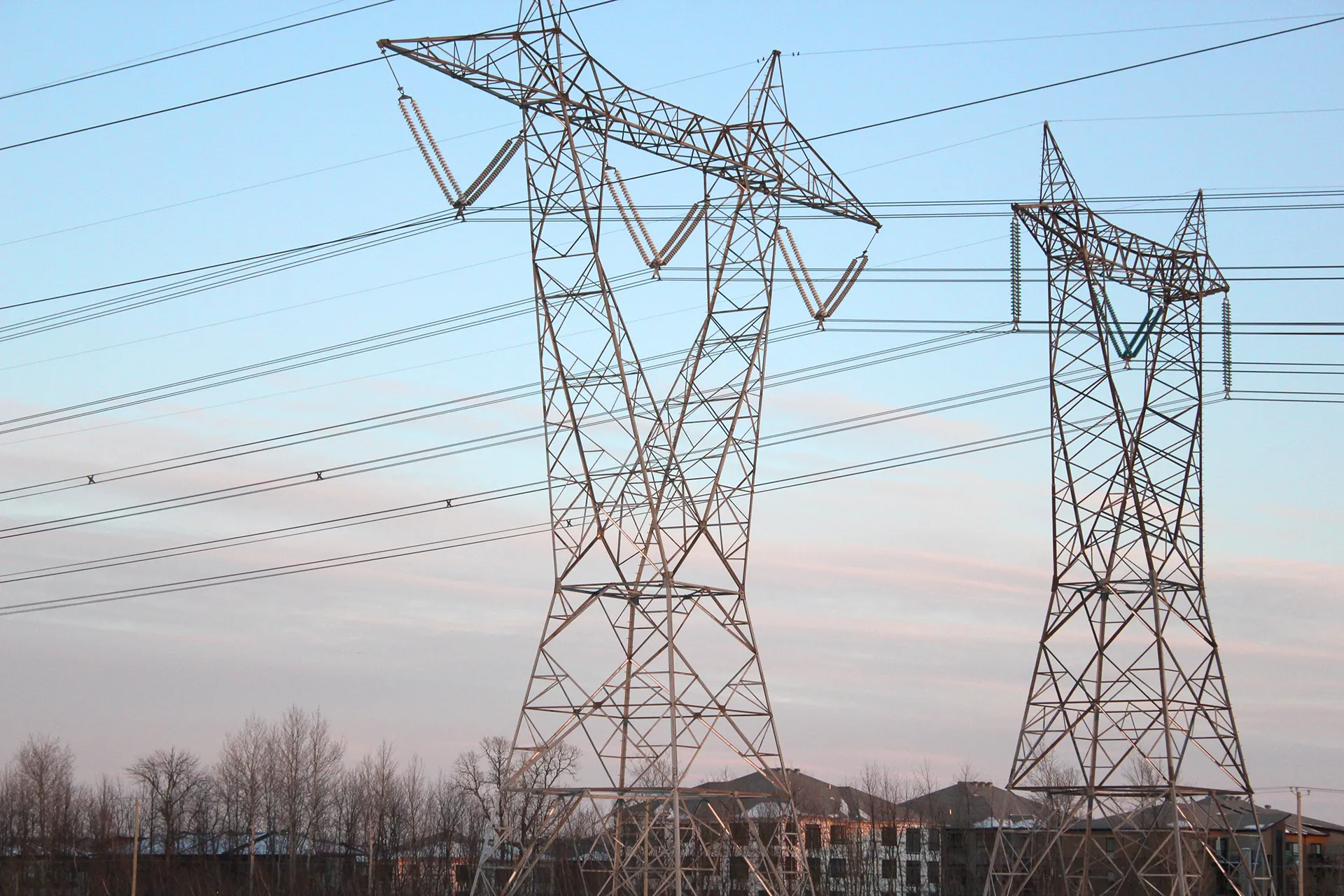Event News
What Do Electrical Engineers Do

Engineering is everywhere around us, improving our work, travel, communication, staying healthy,
education and entertainment. The electrical engineer is an engineer who deals with the technical design and application of equipment, devices and systems that use electricity, electronics and electromagnetism.
As per a Business Research Company study, the global electrical and electronics market grew from $3454.94 billion in 2022 to $3739.37 billion in 2023 at a compound annual growth rate (CAGR) of 8.2%. The electrical and electronics market is expected to grow to $4986.91 billion in 2027 at a CAGR of 7.5%.
To become a qualified and skilled electrical engineer, one should ideally learn and pass the prescribed years of studies, like three years of a diploma in engineering or four years of a bachelor’s or diploma in electronic engineering and technology, and above all, a master’s in technology, which can provide a handsome salary and lucrative perks.
There are many branches of electrical engineering, and the most popular sub-disciplines are electronic engineering, microelectronics engineering, signal processing engineering, power engineering or power system engineering, control engineering, telecommunications engineering and computer engineering.
What do Electrical Engineers do?
Electrical engineers keep our world on the move. They create everything from small microchips on a cell phone to large aircraft and spacecraft electrical and navigation systems and keep them operational even in live circumstances. Electrical engineers make one’s life easier by:
- Ensure the safe operation of electrical systems and building effective electrical infrastructures for various applications in different industries.
- Update with the latest research and technology to provide appropriate solutions to the problems with regard to industry specific.
- Develop manufacturing, design, and installation standards.
- Direct the manufacturing, installation, and testing of electrical equipment with relevant diagrams and project plans.
- Lead the production of electrical projects to ensure work is completed within the timelines and with the prescribed budget.
- Evaluate electrical systems, products, components and applications.
- Design new ways to use electrical energy to develop or improve existing products and systems.
- Perform detailed calculations to develop manufacturing, construction and installation standards and specifications.
- Direct the fabrication, installation, and testing of electrical equipment to ensure products meet specifications and regulations.
- Investigate complaints from customers or the public, evaluate problems and recommend professional electrical engineering solutions.
- Work with project managers on production to ensure projects are completed satisfactorily, tested successfully on time and within budget.

These professionals combine their technical knowledge with interpersonal, mathematical, communication and writing skills to drive the development of electrical devices or electrical systems from design to manufacturing.
Computer savvy engineers can perform numerical computations, conduct power system simulations, and analyze diagrams. For example, electrical engineers use computer-aided design (CAD) to build and design models and PSpice software to simulate and validate analog and mixed-signal circuit performance.
Where can we fit or find them?
The concept of electrical engineering can be applied to various fields and industries in today’s virtual world of IOT (the Internet of Things) and artificial intelligence (AI), as humanity relies on devices that run on electricity.
Commonly, electrical engineers are best seen in the units of:
- Power Plants and electric power generation organizations.
- Transmission and Distribution government or public undertaking organizations.
- Power control manufacturers, Instrumentation, navigational and measuring units.
- Research and development firms / life sciences organizations.
- Semiconductor and other electronic component manufacturers.
Qualified Electrical Engineers
There are a number of degree programs, career paths and opportunities in the field of electrical engineering that impact what electrical engineers do on a day-to-day basis.
Those with a diploma in electronic engineering from a recognized university can take on short projects for the purpose of experiencing and exploring the possibilities of a successful engineering career ahead.
It is a rewarding career to create, design and produce useful products and services for others. For anyone with a degree in electrical engineering, there is a sense of pride and well-being that all engineers feel after successfully completing a difficult project.

In a Nutshell
The advancement in electrical engineering has laid the foundation for many modern innovations. These innovations – such as cell phones, GPS and Internet devices that connect the world with data and people – continue to shape our daily lives.
Electrical and electronic engineers may advance to supervisory positions in which they lead a team of engineers and technicians. Some may move to management positions, working as engineers or program managers.
For more information on the electrical engineering degree, diploma in engineering and diploma in electronic engineering, including the career prospects, feel free to schedule an appointment with our friendly counsellors to find out more.

